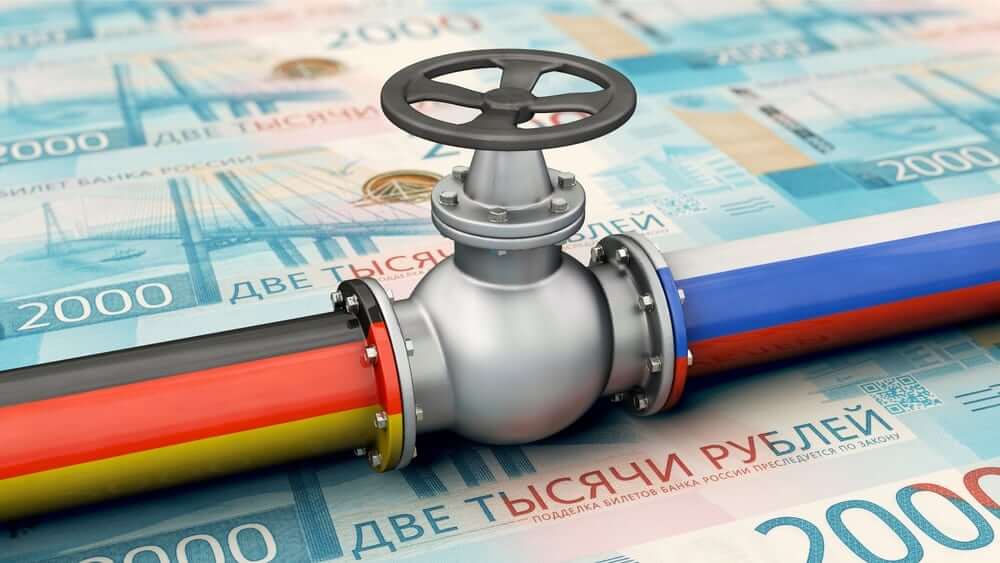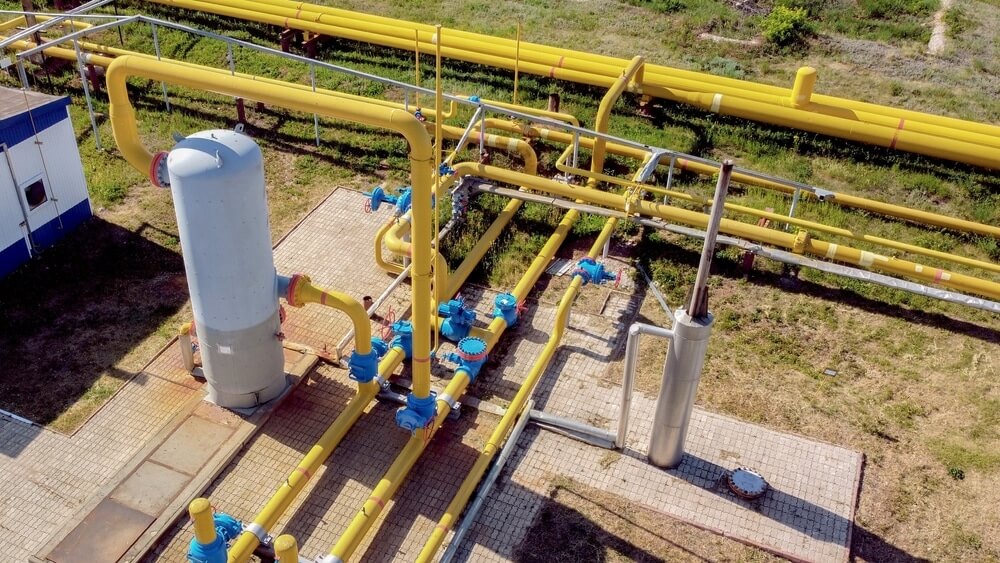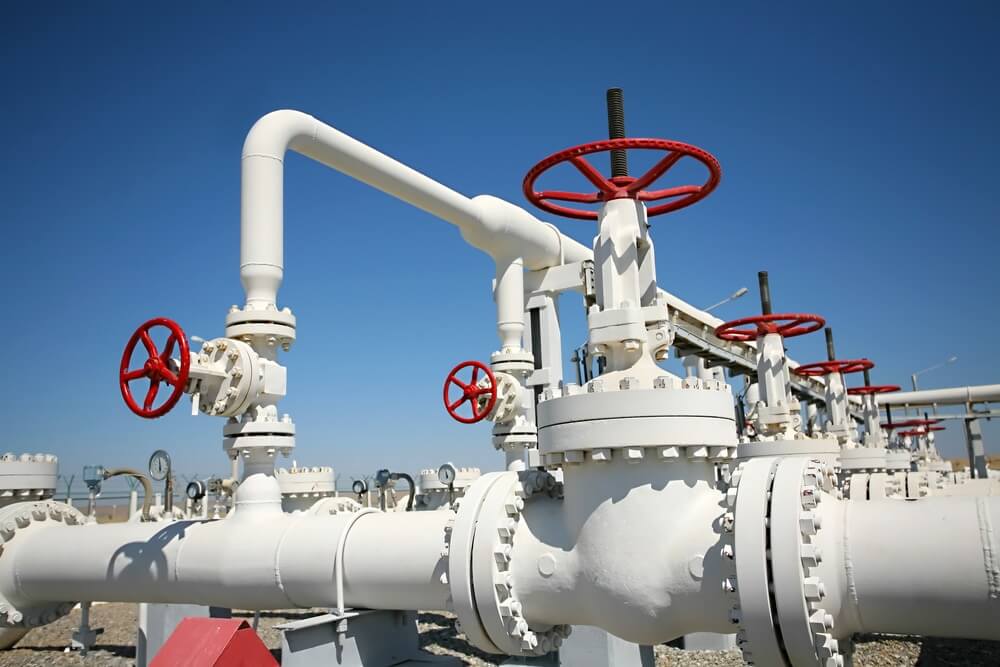
Russian Gas Supplies to Europe Have Fallen
Germany decided to bail out Uniper with a 15 billion euro ($15.24 billion) rescue package on Friday, making the struggling energy corporation the first major casualty of Russia’s natural gas pressure.
The German government will take a 30% equity holding in Uniper as part of the rescue deal. When the country announced the purchase, the company’s stock soared briefly before plummeting drastically. An hour later, they were down by more than 21%.
Uniper was the first energy business in Germany — Europe’s largest economy — to raise the alarm about rising energy prices. It applied for government assistance earlier this month. As Germany’s largest gas importer, it has been heavily hurt by drastically decreased deliveries via pipelines from Russia, which has skyrocketed prices.
In a statement, Fortum, the Finnish majority owner, said Uniper and the German government had agreed on a “complete stabilization plan” to provide financial assistance.
Following the rescue, Fortum will own 56 percent of Uniper, down from about 80 percent before the transaction.
The German government is prepared to provide more assistance if Uniper’s losses due to the gas shortage surpass 9 billion euros.
Russian gas exports to Europe have decreased since Russia’s unjustified invasion of Ukraine earlier this year — and the sanctions imposed on Moscow resulted.
The front-month gas price at the Dutch TTF hub, which serves as a European benchmark for natural gas trading, was around 5% higher on Friday, at 164 euros per megawatt-hour. Prices have increased by more than 650 percent in the last year.
The Natural Gas Crisis in Europe
The International Energy Agency has warned for months that the world is in the midst of the first global energy crisis in history and that the following months will be especially difficult.
The European natural gas crisis has been brewing for some time, and Russia’s role in it has been evident from the start. The IEA stated in September 2021, five months before Russia’s invasion of Ukraine, that Russia was preventing a large amount of gas from reaching Europe. In January, the Agency issued a new warning, with Executive Director Fatih Birol emphasizing that Russia’s massive and unjustifiable reductions in supply to Europe were generating “artificial tightness” in markets and driving up prices while tensions over Ukraine were escalating.
Following Russia’s February war on Ukraine, the IEA responded quickly with critical analysis, policy advice, and government support, including the 10-Point Plan to Reduce the European Union’s Reliance on Russian Natural Gas, issued a week barely after the invasion. Dr. Birol has shared the most recent IEA observations and suggestions with world leaders, including at the G7 Summit in Elmau, Germany, in June and a European Commission meeting in July. As Europe’s gas issue worsened over the summer, the IEA highlighted five immediate coordinated actions the European Union may take to avoid a serious gas shortage this winter on July 18.
Dutch Gas Prices Up
The turbine normally runs at the Russian Portovaya compressor station. It received maintenance in Canada before airlifted back to Cologne, Germany, by logistics firm Challenge Group on July 17. The people said it was unknown when the turbine could start operating again, adding that it may take days or weeks.
Meanwhile, Germany announced new energy-saving measures and increased its gas storage targets on Thursday, concerned that chronically low Russian gas supplies may result in winter shortages.
Germany will now seek to have its gas storage facilities 85 percent filled by October 1 and 95 percent full by November 1, up from previous targets of 80 percent and 90 percent, respectively, according to the economy ministry.
On the other hand, British gas prices dipped on Friday due to reduced demand as temperatures dropped after a hot wave and a predicted increase in wind power generation.




